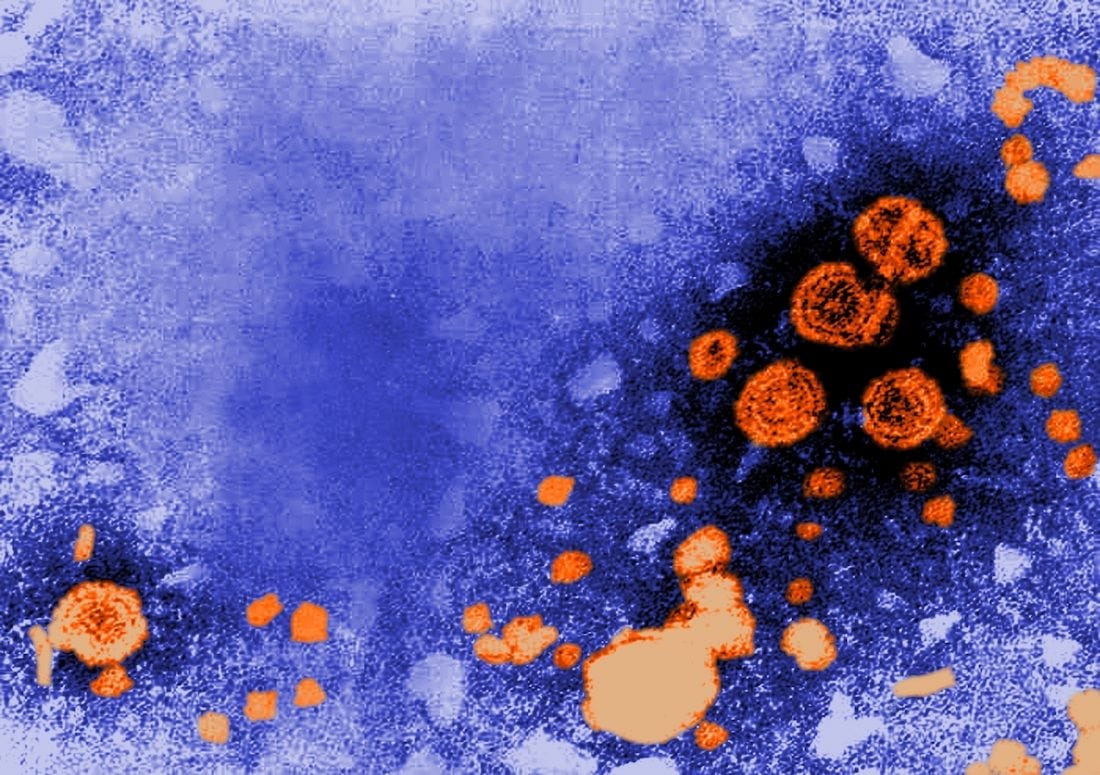Spring Bank Pharmaceuticals is stopping work on an experimental treatment for hepatitis B virus after serious side effects, including one patient death, were reported in a mid-stage study.
The Spring Bank (NASDAQ: SBPH) drug, inarigivir soproxil, was the company’s lead therapeutic candidate. No details were released about the side effects observed in the clinical trial. Hopkinton, MA-based Spring Bank said Wednesday that it will work with outside experts and clinical trial investigators to care for the patients in the Phase 2b study, and to better understand what happened. Going forward, the company plans to focus on its immuno-oncology and inflammation research.
Spring Bank’s stock price slid more than 23 percent to $1.30 per share after the news was announced Wednesday morning.
Inarigivir was designed to selectively activate a protein in liver cells called retinoic acid-inducible gene 1. This approach was hoped to block replication of the hepatitis B virus and kick off the interferon signaling pathways that are part of the body’s antiviral defense. The company also hoped that this dual mechanism would make it attractive as part of a combination treatment with other hepatitis B therapies.
Spring Bank had tested inarigivir in partnership with Gilead Sciences (NASDAQ: GILD). Separate Phase 2 studies evaluated a 200 mg dose of that drug in combination with Gilead’s tenofovir disoproxil fumarate (Viread) and tenofovir alafenamide (Vemlidy). Spring Bank says the patient death occurred in a Phase 2 study that tested a 400 mg dose of inarigivir by itself after patients stopped treatment with other antiviral therapies.
With its lead hepatitis B drug now sidelined, Spring Bank will turn its attention to cancer and inflammatory drugs developed with its stimulator of interferon genes (STING) agonist platform. The most advanced of those drug candidates, SB 11285, is currently in a Phase 1a/1b study testing it in cancer. In a prepared statement, Spring Bank president and CEO Martin Driscoll said that he hopes to have enough data by the end of this year to support advancing that drug to Phase 2.
Spring Bank has started discussions for outlicensing its chimeric oligonucleotide program for hepatitis B virus. By stopping all of its hepatitis B research, the company believes that the $54.5 million in cash it had on hand at the end of 2019 will be sufficient to finance operations into late 2022.
Image by Dr. Erskine Palmer of the Centers for Disease Control and Prevention


